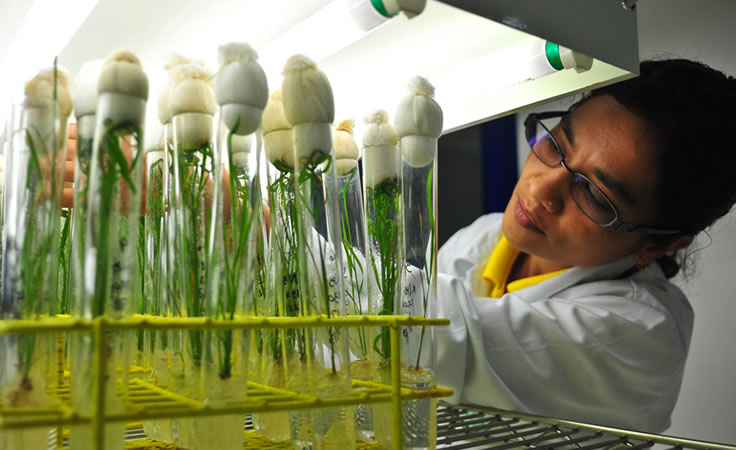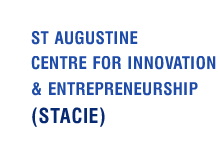IP Disclosure: Let’s talk confidentially about your idea
If you are a UWI staff member or UWI student and you think you are on to something new, the first step is to contact us for a confidential consultation. The IP manager may then advise you to submit your idea through a disclosure form to start the IP disclosure process. You can download the disclosure form to read what’s required.
At UWI, St Augustine, the IP disclosure process is managed with strict confidentiality by STACIE. To maintain this, you should speak to our IP Manager before sending us any confidential and proprietary information.

Talk to us before you publish
If you publish details of your invention, you cannot later obtain a patent for that invention. Public disclosure includes:
-
publication in a journal
-
presentation at a conference
-
posting details on the internet
-
PhD seminars and theses
-
poster presentations
Working with partners outside UWI? We’ll tell you when you need an NDA (non-disclosure agreement) or MTA (material transfer agreement). And if you’re developing IP with external collaborators, talk to us about research collaboration agreements.
It’s never too early to talk to us about your idea. But it can be too late.
Get in touch










